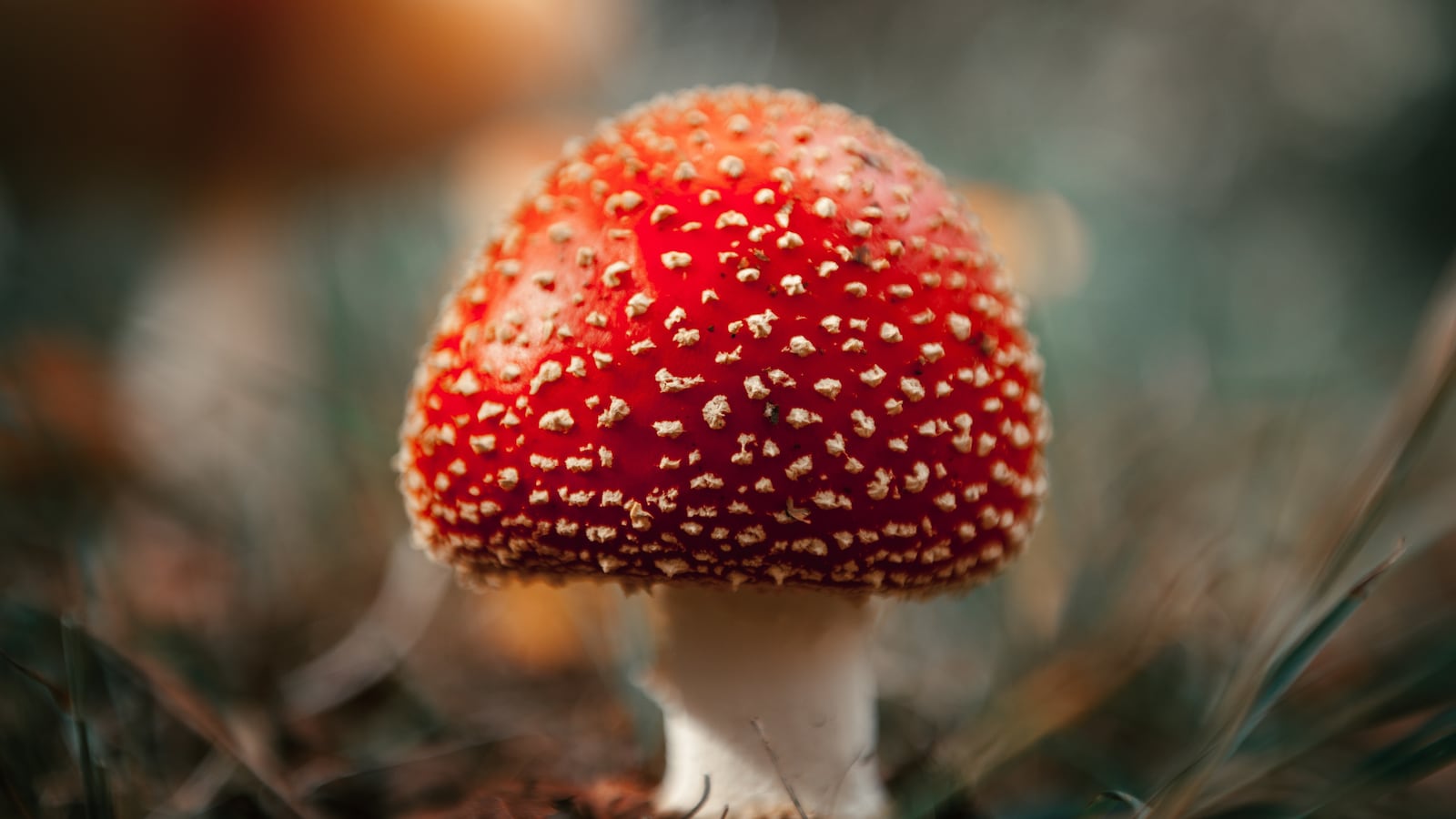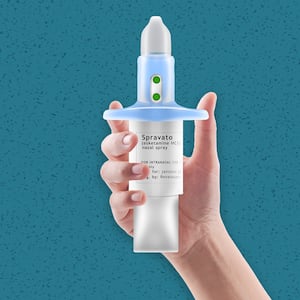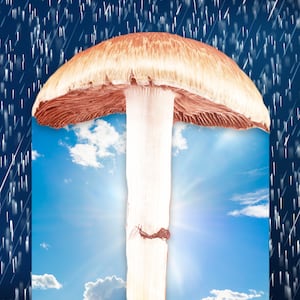It was hard to imagine even a decade ago that mainstream scientists would be prescribing hallucinogenic drugs to help treat mood disorders like depression. But after incremental gains at the state and local level, 2022 is the year treatments like ketamine therapy are poised to go mainstream.
Still, the biggest obstacle to normalizing these kinds of drugs for psychiatric care is that they send patients down a psychoactive rabbit hole. That’s the whole point for many casual users, but not exactly an ideal solution for someone who wants to feel better but is also worried about their ability to work and run errands.
The answer might be a psychedelic without all of the psychedelia.
In a study published Thursday in the journal Science, a team of scientists from China designed a new drug they say acts in a similar fashion to LSD and psilocybin, but without leading to hallucinations. In trials on mice, the drug produced antidepressive effects without psychedelic ones.
“Psychedelics have previously shown potential therapeutic effects in past clinical trials,” Sheng Wang, a biochemist with the Chinese Academy of Science and a senior author of the new study,” told The Daily Beast. “The hallucination effects definitely restrict their potential use. But now, non-hallucinogenic drugs may solve this problem.”
The new findings hinge on the 5HT2A receptor, a biochemical pathway for serotonin in animals. Previous research has found it to be an incredibly useful target for treating conditions like depression, PTSD, and anxiety. But most drugs that target 5HT2A, like LSD and psilocybin, often lead to the hallucinations many non-recreational users might prefer to avoid.
In their investigation, Wang and his team found that there are distinct binding pockets in the structure of 5HT2A, and that while some drugs were prone to binding to many pockets and producing hallucinations, others only lodged onto a few and had non-hallucinatory effects.

Psilocybin, the psychoactive compound in "magic mushrooms" has an active metabolite called psilobin that will not induce hallucinations on its own. Wang and his team studied psilobin to come up with the new drug, IHCH-7113.
GettyThe researchers wanted a drug that could bind to 5HT2A in such a way as to lead to antidepressant effects, but not hallucinogenic ones. Their design to fit that bill, called IHCH-7113 and based in part off a study of the active metabolite in psilocybin, was tested on mice. They found that mice on the drug did not exhibit classical signs of animal hallucination, like head twitching.
The mice in the study were also made to experience a depressive state via stress and corticosterone. Those that were given IHCH-7113 managed to complete physical tests more effectively than others who were not—a sign of the drug’s antidepressive effects.
John Krystal, a psychiatric researcher at Yale-New Haven Hospital who first discovered the antidepressive effects of ketamine, told The Daily Beast he found the study to be a “wonderful addition” to the field of research around psychedelic therapies. It adds weight to the hypothesis that hallucinating isn’t a necessary part of why people on these drugs might feel their depression lifting—and the findings should bolster continued efforts to remake psychedelics into antidepressive, non-hallucinogenic medications.
Still, Krystal warned that we should treat the results with caution given that “definitive evidence of the absence of hallucinations will need to come from human studies,” and that the antidepressive effects of IHCH-7113 in rodents won’t necessarily be the same in humans.
Todd Gould, a neuropharmacologist at the University of Maryland, echoed these sentiments. “The human clinical studies for the antidepressant effects of psilocybin are not yet definitively proven,” he told The Daily Beast. “We may be getting ahead of ourselves to study antidepressant mechanisms in a mouse prior to human proof of efficacy.”
Nonetheless, Gould does think “if psilocybin and other psychedelics do turn out to be antidepressants… that will be a major advance.”
Wang and his team are still running preclinical tests, but they hope they can bring IHCH-7113 to human testing soon. Whether they can come up with a clever name for the drug that has at least some of the popular appeal of substances like magic mushrooms remains to be seen.








